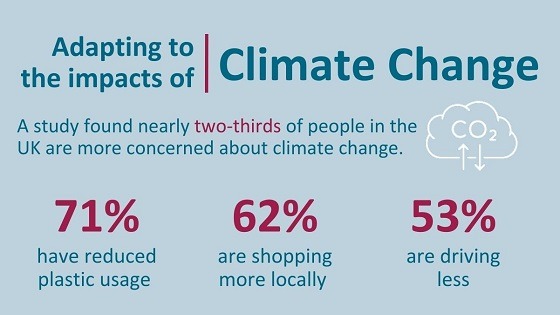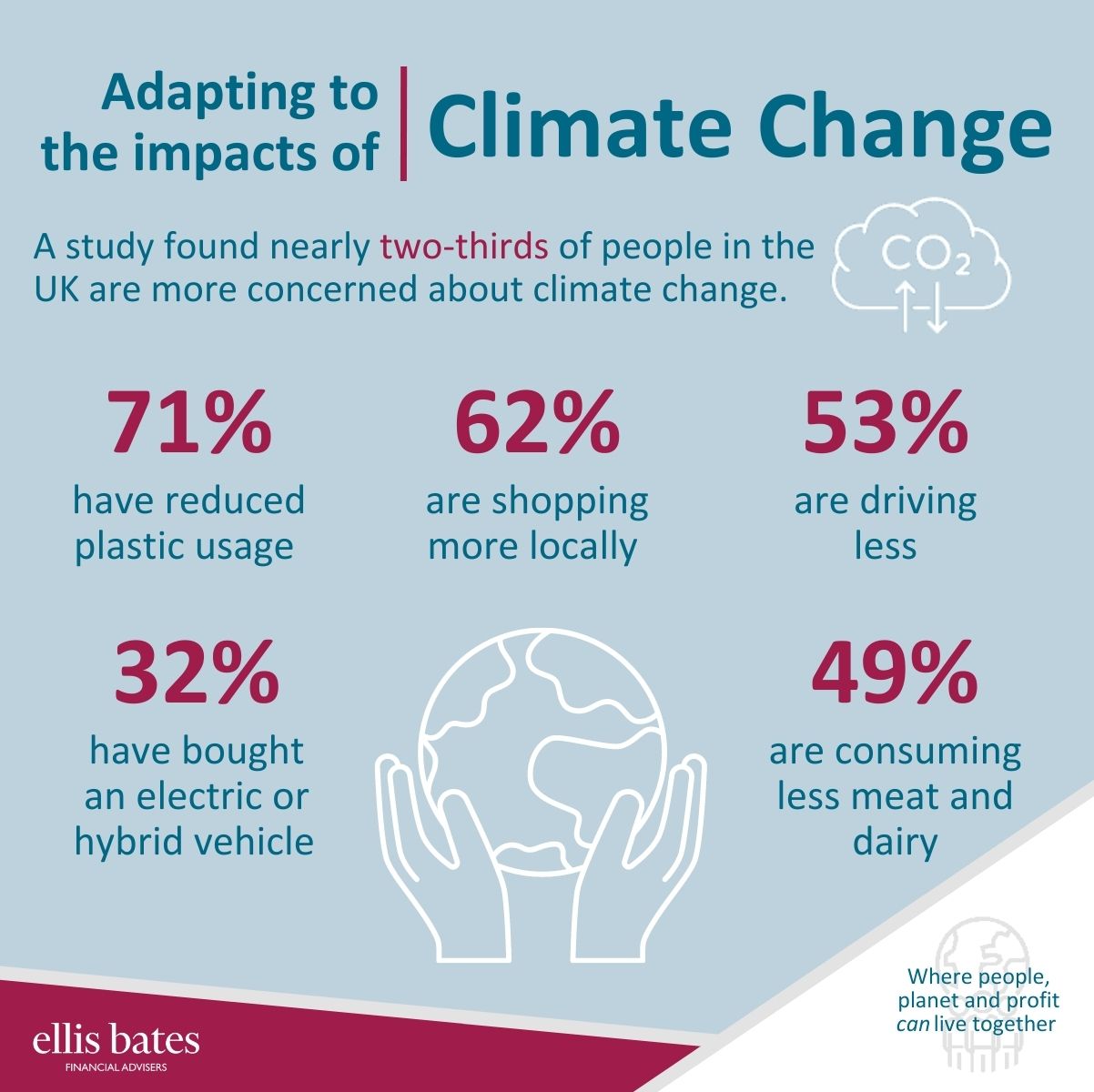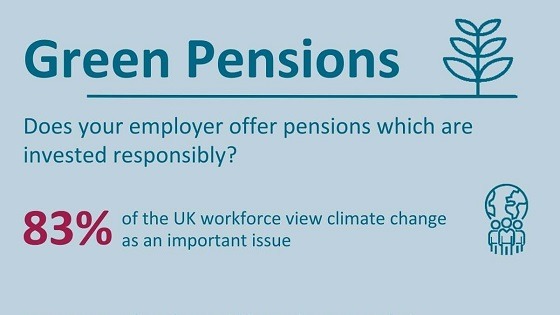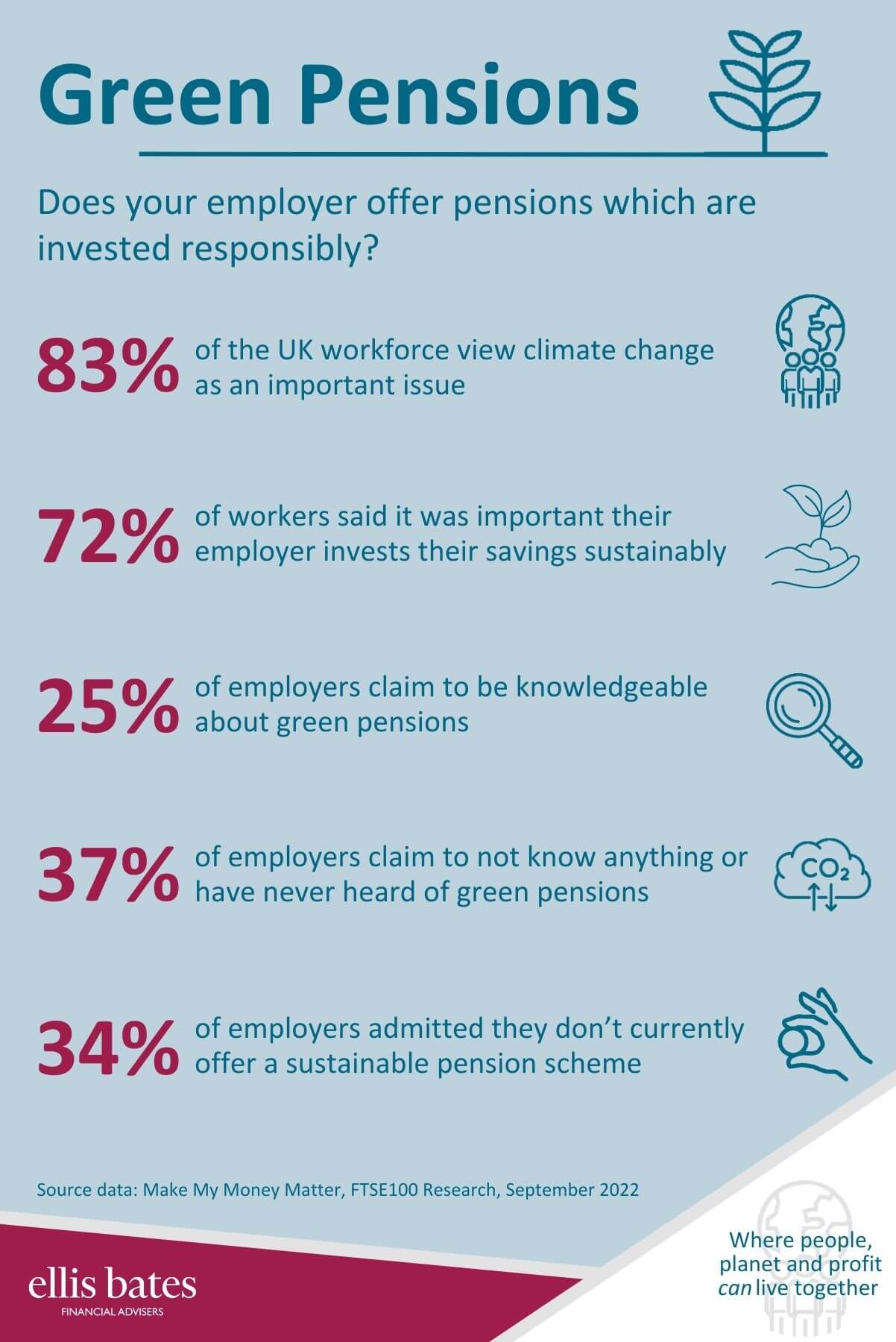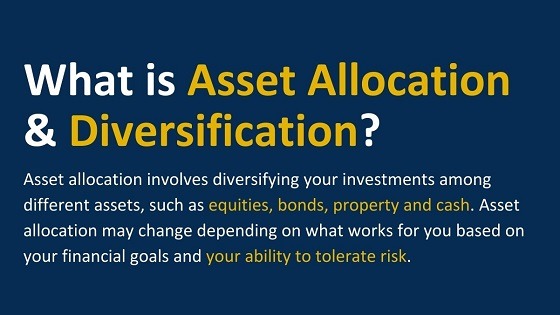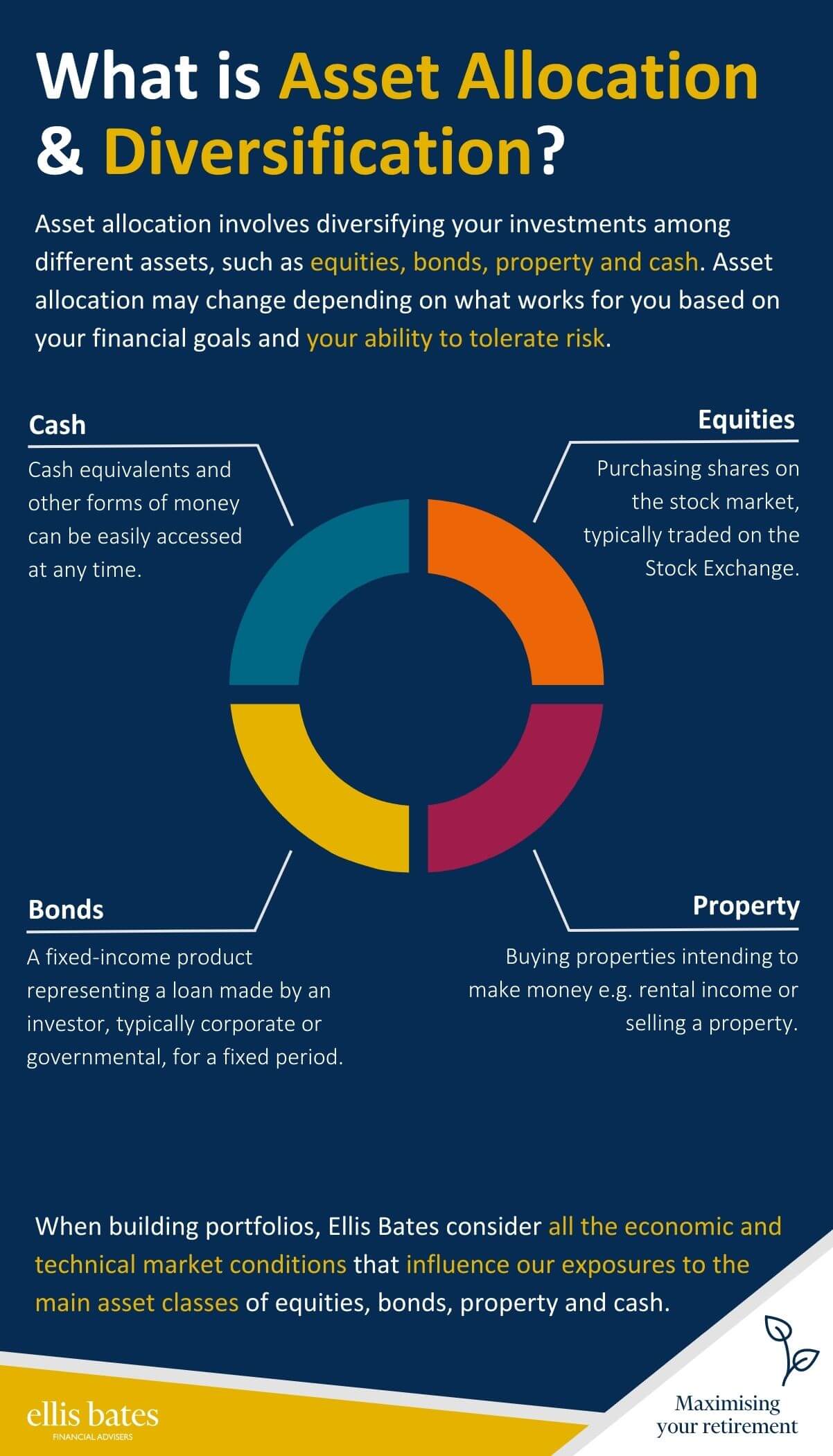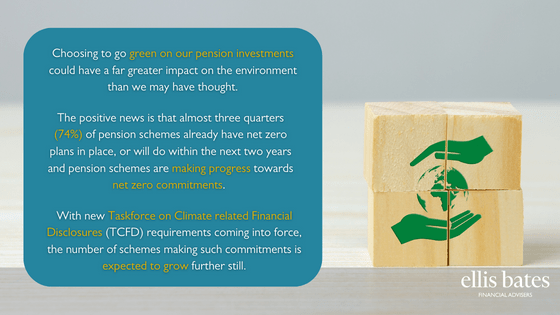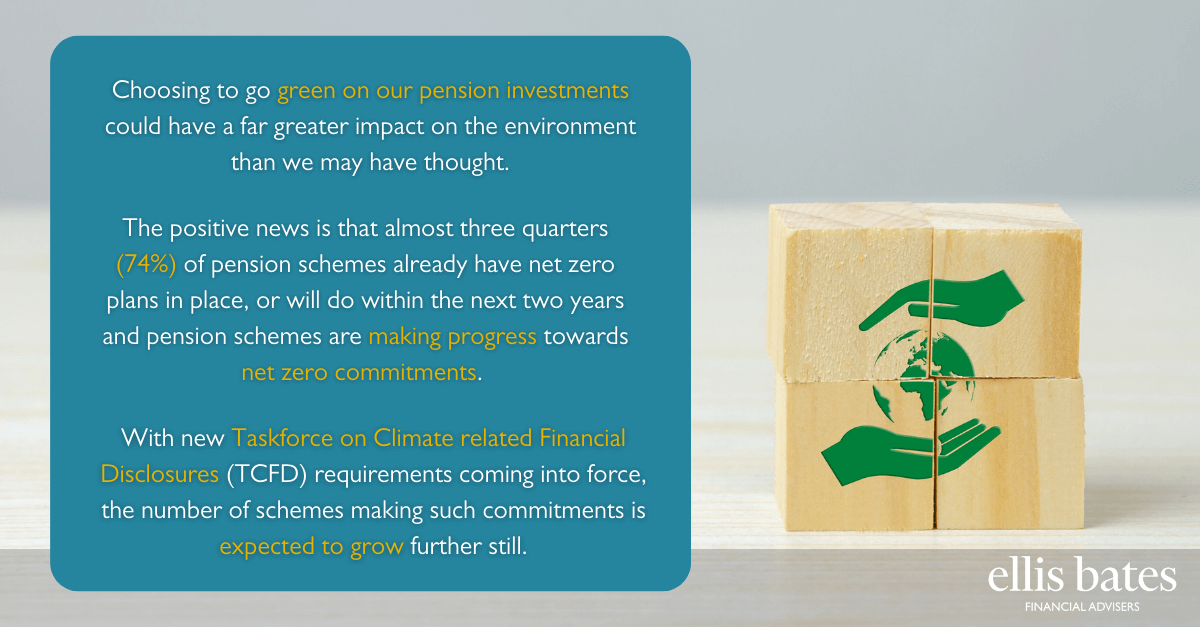Environmental, Social & Governance
https://www.ellisbates.com/wp-content/uploads/2023/06/Environmental-Social-and-Governance.jpg 560 315 Jess Easby Jess Easby https://secure.gravatar.com/avatar/0e2a278e0eef1defdd7ee9d0ae7bb398?s=96&d=mm&r=g Over the past few decades, there has been a growing interest and awareness in investing in companies that take into account environmental, social and governance (ESG) factors.
Over the past few decades, there has been a growing interest and awareness in investing in companies that take into account environmental, social and governance (ESG) factors.
This type of investing – also known as sustainable, responsible or impact investing – aims to generate both financial returns and positive social and environmental impacts.
Sustainable investment funds
The origins of ESG investing can be traced back to the 1960s, but it was in the 1970s that the environmental movement gained momentum, with investors increasingly calling on companies to address issues such as pollution and resource depletion. And in the 1990s, corporate governance came into the spotlight following a series of high-profile corporate scandals.
ESG investing has its roots in the field of responsible investing (RI), which emerged as a response to growing concerns about the negative social and environmental impacts of businesses. RI investing initially focused on screening out companies with poor ESG records from investment portfolios.
Corporate behaviour
Over time, RI evolved into a more proactive approach that seeks to engage with companies on issues related to their ESG performance and influence corporate behaviour for positive change. This is often referred to as ‘active ownership’ or ‘impact investing’.
Today, ESG investing is a mainstream investment strategy used by institutional investors and individual investors alike. In fact, one in six investor respondents to a global responsible investing survey are committed to aligning their portfolios to net zero, with a further 42% intending to align their investment portfolios to net zero before 2050[1].
Responsible investments
While debate continues about whether doing well (financially) and doing good (morally) need not be mutually exclusive, the survey finds that more than two-thirds (69%) of respondents with exposure to responsible investments are satisfied or very satisfied with their returns to date.
Increasingly, investors are also reflecting more on what it means to be ‘responsible’. Specifically, many are actively considering what impact their investment approach can have on society and the environment. The survey identified one of the main reasons for including responsible investments in portfolios is the perception that they will lead to better risk adjusted returns when compared to ‘traditional’ investments.
Personal values
Investors’ concerns around major ESG issues continue to rise, and many are in the process of addressing at least some of these in their investment strategies. For some, it’s simply a matter of aligning their investments with their personal values.
Others believe that companies that manage ESG risks well are likely to be more financially successful over the long term. And still others see ESG investing as a way to generate positive social and environmental impacts.
How can you mix in ESG into your portfolio?
Climate change, demographics, biodiversity and the need for social justice are at the top of the agenda for many investors. The world of investment is catching up. An increasing number of funds now boast of their ESG credentials. If you would like to discuss how this could form part of your portfolio, please contact one of our ESG investment advisors for more information.
Important information: The value of your investments can go down as well as up and you may get back less than you invested.
Source data: [1] Aon’s Global Perspectives on Responsible Investing Report January 2022.

